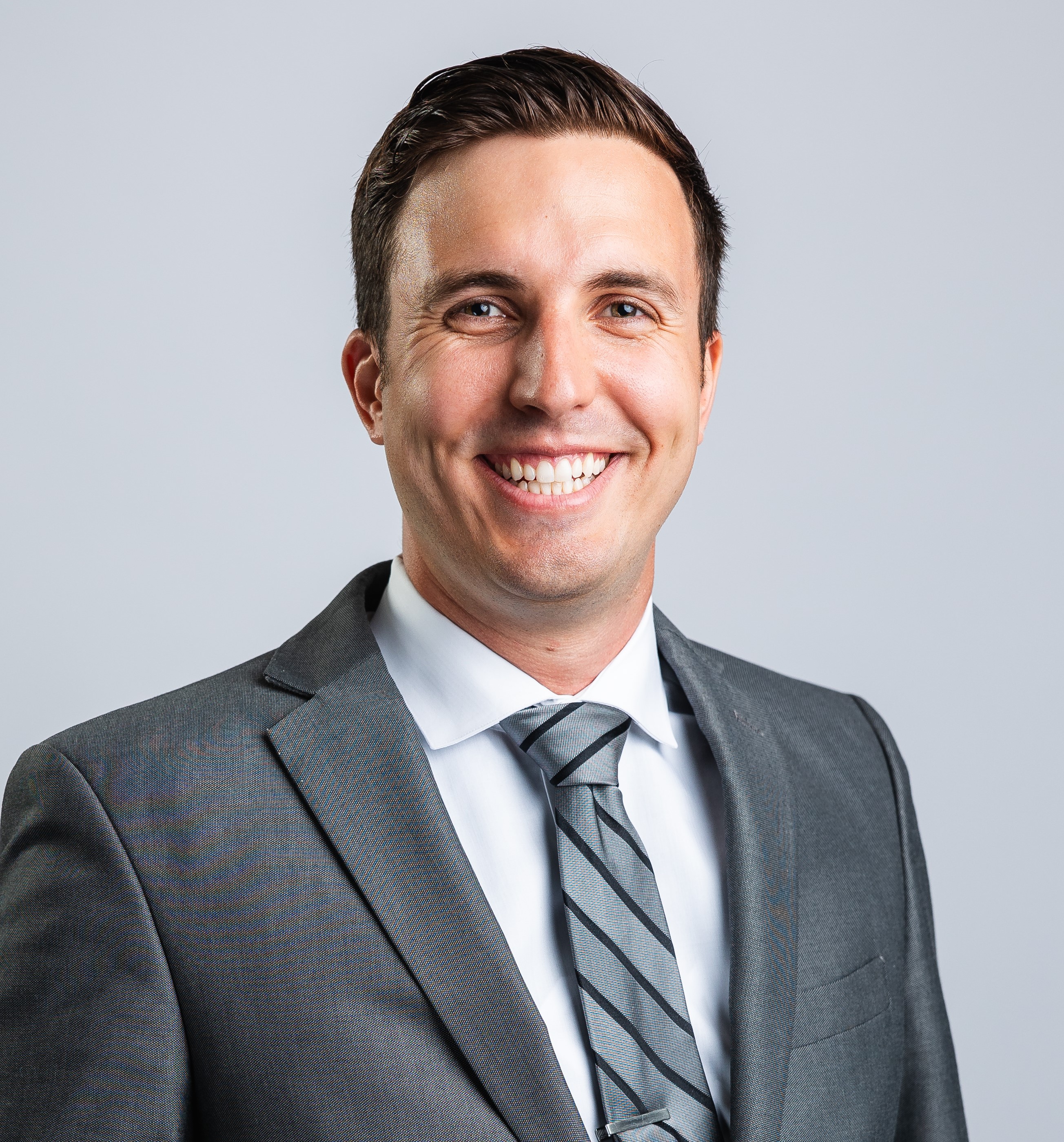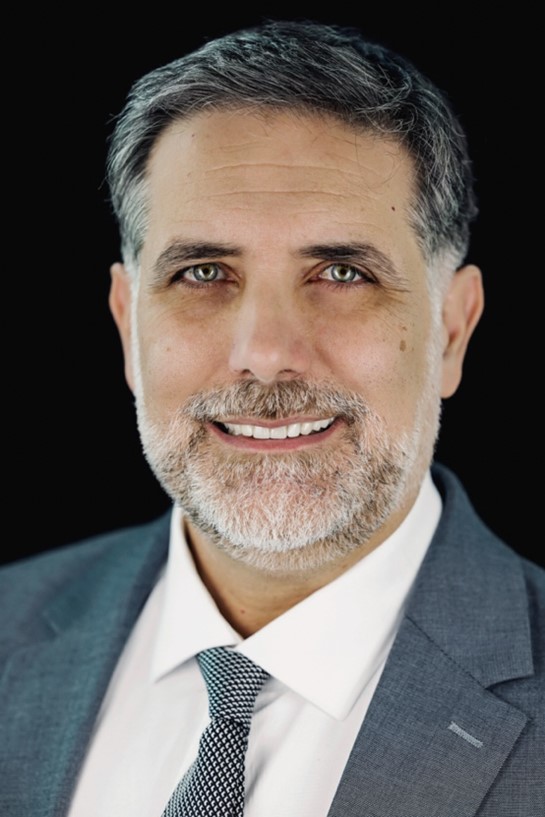4th IAA Conference on Space Situational Awareness
May 8-10, 2024
Daytona Beach, FL
 Background: Troy M. Morris
Background: Troy M. Morris
Troy M. Morris serves as a Co-Founder & CEO for Kall Morris Inc (KMI) in Marquette, MI, where he leads business development, compliance, communications, and organization, with a degree in Psychology/Behavior Analysis from Northern Michigan University (NMU). Presenting and publishing technical publications in multiple disciplines, he is sought as a speaker and commenter across industry, academia, and government, having previously led multistate business units at Snap-on Tools in $17 million annual revenue in critical industries.
At KMI, he has overseen the growth from bootstrapping co-founders to a startup small business with over $5M in funding in 2023, 20+ expert personnel and advisors, and a demonstration launching to the International Space Station (ISS) in 2024. KMI is a space solutions company focused on space logistics and specialized in addressing unprepared objects in orbit to protect critical space assets to continue building the future. This functional, efficient, and effective set of solutions are focused on Active Debris Removal of legacy assets: significant debris objects that are unprepared for docking, often uncontrolled, and potentially unrecognizable. KMI is leveraging unconventional approaches, first principle thinking, and practiced scientific rigor to develop in-house proprietary software, exclusive patented hardware, and essential partnerships around the world. The "TumblEye" software enables characterization of even unknown objects, while the "REACCH" hardware non-destructively secures unprepared objects, allowing the optimized spacecraft "Laelaps" to rendezvous, retrieve, and relocate both hazardous debris and operational assets to derisk potentially destructive collisions before they occur. This decreases the risk to operators, increases the options for decisionmakers at our customers in the commercial, civil space (including NASA), and national security space (USSF & USAF) areas, and overall strengthens the situation for all stakeholders in #KeepingSpaceClearForAll.
 Background: Roger McNamara
Background: Roger McNamara
Dr. Roger McNamara’s significant contributions to the aerospace industry and community over his 44-year career in the aerospace industry include early research into and characterization of the hazards of orbital debris to space vehicles and operations, and potential mitigation strategies; improvements in space vehicle design and development, for both manned and unmanned systems; and most significantly, leadership in advancing technological innovation for the new era of human deep space exploration.
Dr. McNamara started his career as a mass properties and trajectory analyst for Martin Marietta in support of NASA’s Space Shuttle Program. Throughout his career he has supported several expendable launch vehicle, and spacecraft programs, as well as serving as Program Manager for commercial and DOD programs. Dr. McNamara’s extraordinary leadership of the historic NASA Orion Exploration Flight Test-1 successful mission was a critical step in NASA’s long-range plan to enable human exploration of deep space. He has received numerous government and industry awards; and has authored and co-authored numerous technical papers. As a 46-year member of the AIAA, Dr. McNamara has continued to show leadership at both the local and national support of various committees and subcommittees. Dr. McNamara received his Bachelor degree in Aeronautical Engineering from Embry Riddle Aeronautical University, and his Masters and Doctorate Degrees in Aerospace Engineering Sciences from the University of Colorado. He has maintained close ties with the University of Colorado, offering lectures, research support, and professional assistance.
 Background: Roberto Furfaro
Background: Roberto Furfaro
Dr. Furfaro is currently Full Professor, Department of Systems and Industrial Engineering, Department of Aerospace and Mechanical Engineering, University of Arizona. He is also the Deputy Director of the Space, Security, Safety & Sustainability Center (S4C). He obtained a Laurea Degree (M.S. equivalent) in Aeronautical Engineering (1998, University of Rome “La Sapienza”) and a Ph.D. in Aerospace Engineering (2004, University of Arizona). He has a broad range of expertise and research interests and has been working on a numerous and diverse projects including development of guidance navigation and control of planetary landers, systems engineering for close-proximity operations on small bodies, machine learning applications to space situational awareness and G&C for hypersonic vehicles. He has served as PI and Co-PI of numerous high-impact research and development grants with a total amount of funds received by NASA, AFRL, DOD and other agencies over the past 15 years exceeding $80M. He published more than 100 peer-reviewed journal papers and more than 200 conference papers and abstracts. He is currently technical member of the AIAA Astrodynamics Committee and the AAS Space Surveillance Committee as well as Associate Editor for IEEE Transactions on Aerospace and Electronic Systems. During phase B-D (2011-2016) of the OSIRIS REx Asteroid Sample Return Mission, he was the systems engineering lead for the Science Processing and Operations (SPOC). He is currently the Target Follow-up WG lead for the NASA NEO Surveyor Mission. For his contribution to the OSIRIS REx mission, the asteroid 2003 WX3 was renamed 133474 Roberto Furfaro. Recently, Prof. Furfaro has been elected the 2021 Da Vinci Fellow at the College of Engineering, University of Arizona. Additionally, Prof. Furfaro has been elected AIAA Associate Fellow, Class 2022 and AAS Fellow, Class 2021.
